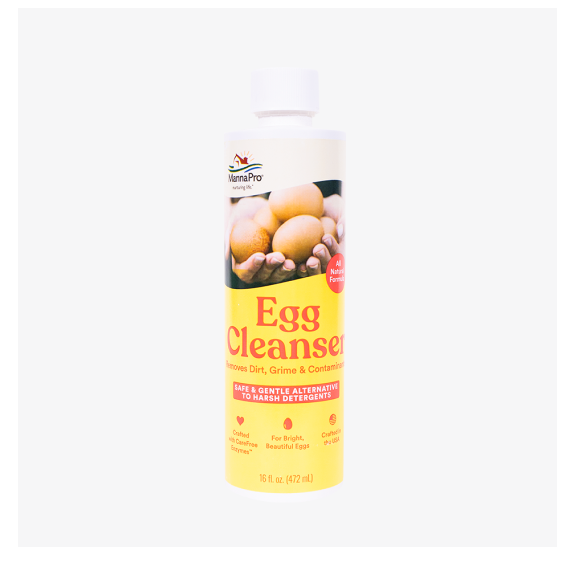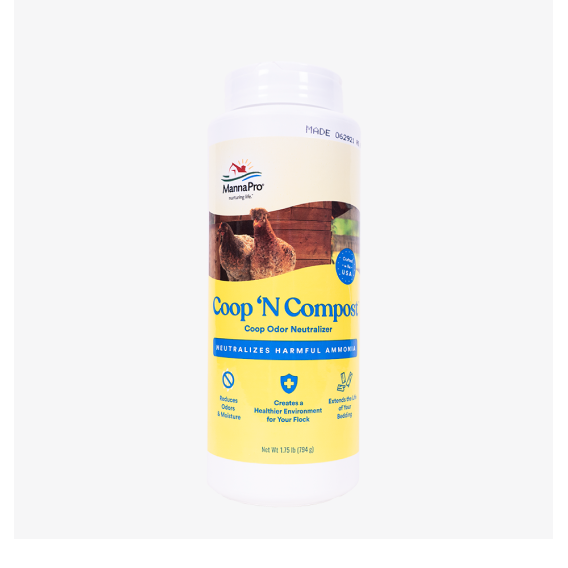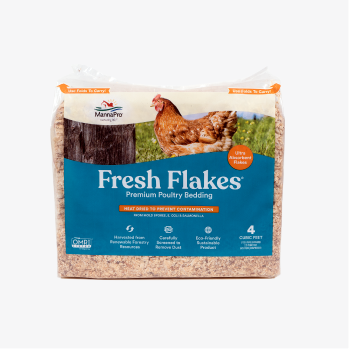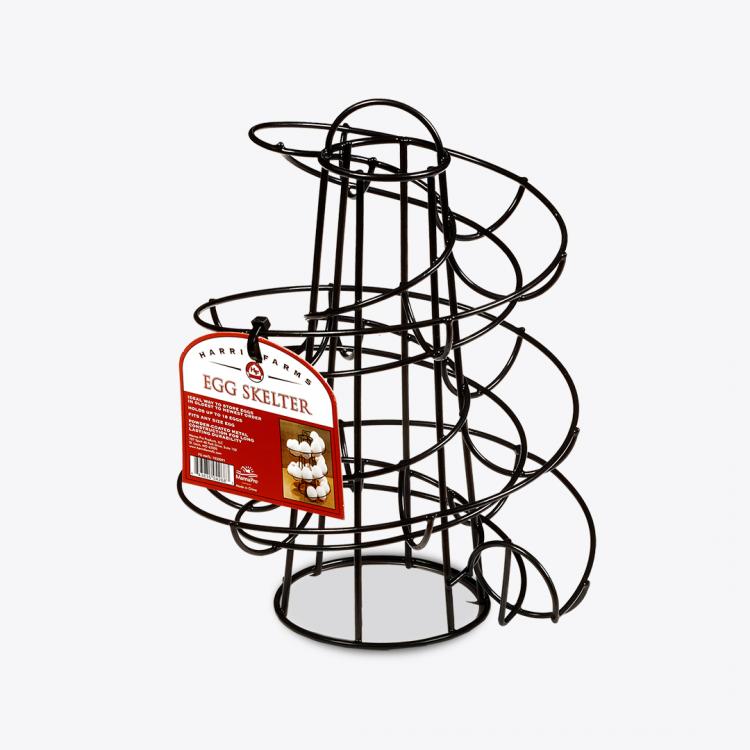Posted by Jennifer Sartell, Professional Homesteader & Blogger, Mon, Sep 17, 2018
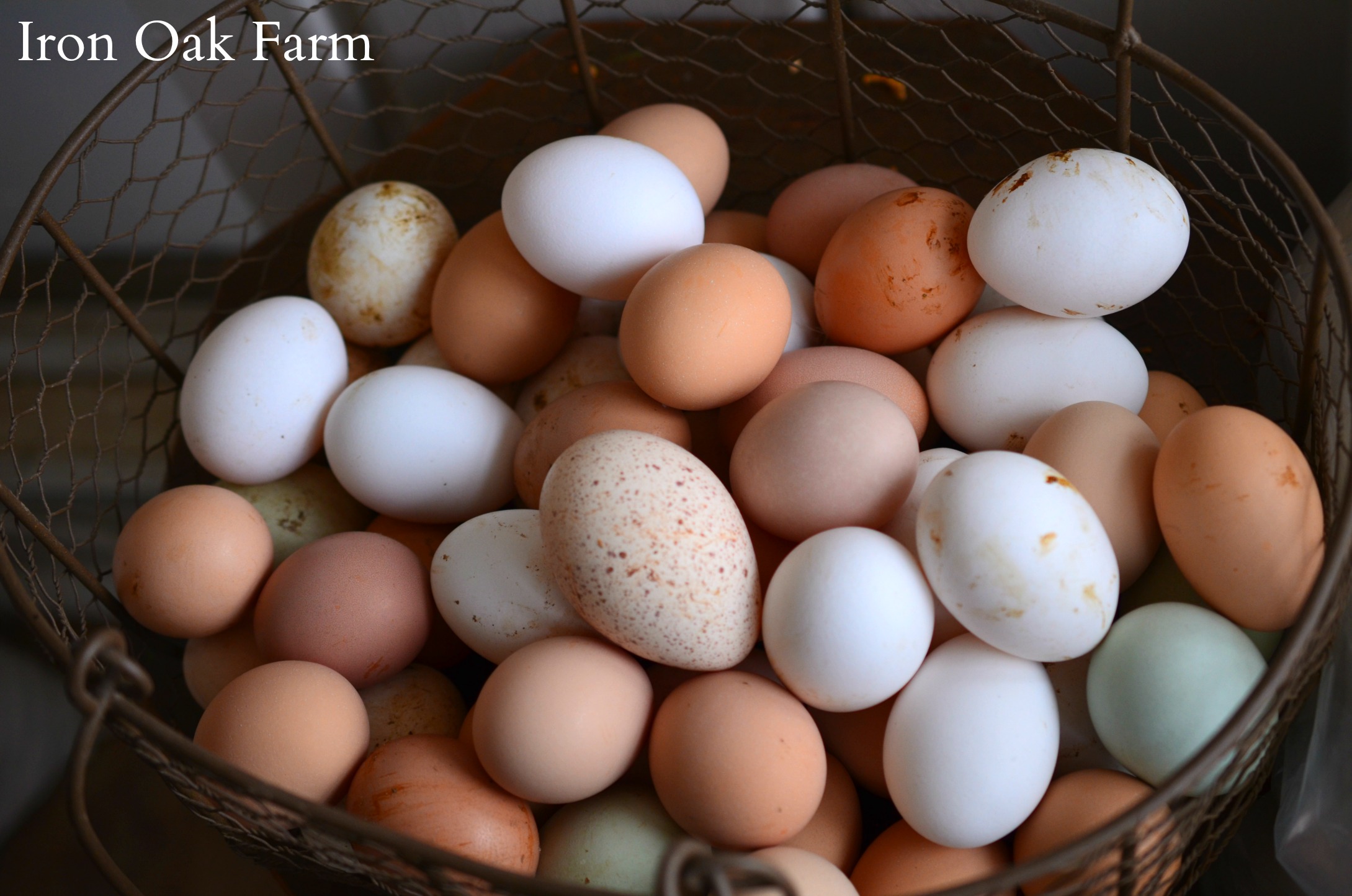
Egg washing practices are a highly debated topic among chicken keepers. And really it comes down to the question of how paranoid you want to be.
There are many safe ways to prepare eggs for eating. With a little common sense and knowledge of egg anatomy, you can rest assured that your backyard eggs are safe and healthy to consume.
The FDA lays out guidelines on their website that include tips on cooking safety.
If you are selling your eggs, be sure to contact your local county extension to find out what the rules are for your state.
But for the casual backyard chicken keeper, I encourage you to do some research, read articles like this one and then decide on the safest practice for your family.
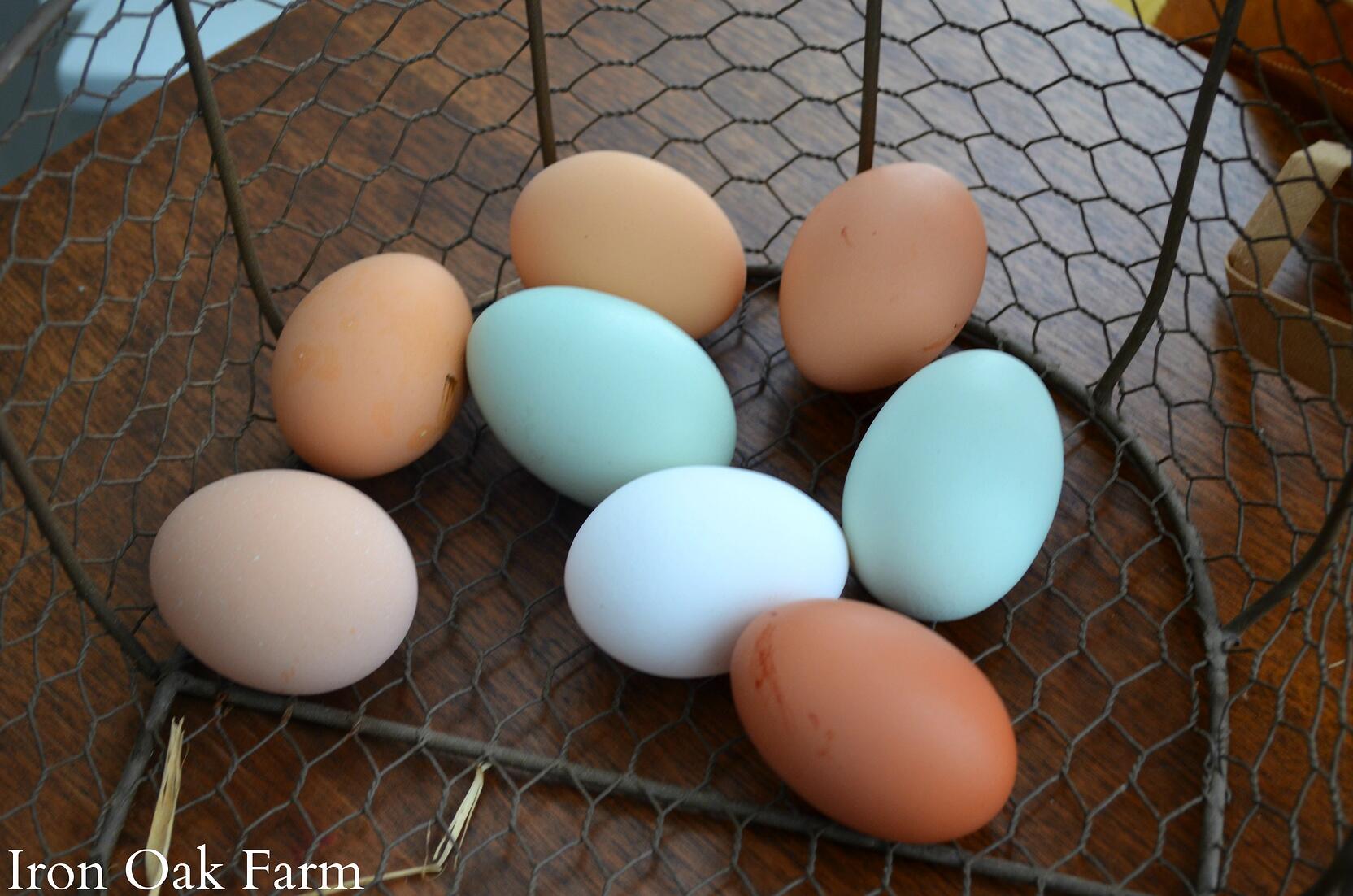
Clean Eggs Start in the Coop
- Egg boxes should be checked regularly for broken eggs or droppings
- Bedding should be replaced often
- Chickens should be discouraged from sleeping in nest boxes
Egg should be collected at least daily to prevent egg breaking and possible incubation (if your eggs are fertile), protect them from outside temperature fluctuations, and keep them cleaner. The longer they’re in the coop, the more likely they are to be soiled. Keeping your coop and run clean and dry will keep your chicken’s feet clean and dry, and you’ll enjoy cleaner eggs in your nest boxes.

The Eggshell
While an eggshell may appear solid and airtight, it is actually covered in microscopic pores that allow oxygen to flow through the shell to the growing chick inside.
When a chicken lays an egg, as it passes out of the chicken the hen coats it in an invisible layer called the bloom. The bloom dries almost instantly after laying and acts as a breathable protective coating around the eggshell.
The bloom also protects the chick from bacteria entering through the eggshell.

What this Means to Backyard Chicken Keepers
When you collect an egg from your nest box, as long as it has stayed dry the egg is protected in the bloom. This means the egg will stay fresh (in moderate temperatures) for several weeks without refrigeration.
When you wash an egg you remove the bloom, which allows oxygen and bacteria to pass through the eggshell more quickly and easily. Therefore, it is recommended that washed eggs be refrigerated to slow the rate of spoilage.
Unwashed eggs should not be refrigerated because it is thought that the cooler temperature causes the pores of the egg to shrink. During this shrinking process, it is possible for bacteria to be sucked into the egg.
How to Wash Eggs
For many people, if their nest box is clean with fresh bedding and the egg appears to be clean to the naked eye, they don’t wash the egg and use it just as it is. Again, if you want to be sure the egg is clean, you can wash it.
Our Washing Routine
After I collect eggs from the coop I set them in a basket, unrefrigerated, until I’m ready to use one. When I need an egg, if it is visibly soiled I wash it with dish soap and warm running water using our designated “egg sponge.” After that, the egg either gets used immediately or is stored in the fridge.
I use a dedicated egg sponge because it strikes me as unsanitary to wash our dishes with the same sponge that has been used to remove chicken manure from eggs. I replace this sponge often.
You also want to use running water. Soaking eggs allows bacteria to pass back and forth through the eggshell.
Use warm water. I read somewhere that the water temperature should be 20° Fahrenheit higher than the temperature of the egg, but I feel like that’s being a bit obsessive. Just make sure you’re using warm water so that bacteria aren’t being drawn into the egg.
Very soiled eggs are discarded or composted.
Now, many people differ in their practices, and I feel that the margin of error (and the chances of actually getting sick) are pretty slim as long as you employ a little common sense.
Checking the Freshness of the Eggs
If you’re unsure of how fresh an egg is, there is a test you can perform. Fill a bowl with room-temperature water and set the egg in it. If the egg sinks to the bottom and lays on its side, it is fresh. If one end floats but the other is still touching the bottom of the bowl, the egg is still safe to eat but is getting older and should be consumed quickly. If the egg floats on the surface of the water, it’s spoiled and should be discarded.
As an egg ages, air enters through the shell and dehydrates the contents. An older egg will float because it has more air in it than a fresh egg.
Some Egg-Washing Tidbits
- Darker eggs stay fresher for longer
- A dark egg such as a French Black Copper Maran might stay fresher longer than a lighter-colored egg. This is because the pigment layer that colors the egg also protects the shell from bacteria
- If you want your eggs to stay fresher for longer, coat them lightly with oil (e.g., olive oil). The oil helps block the pores and keep the eggs fresh
Download our complete Egg Laying Guide here
